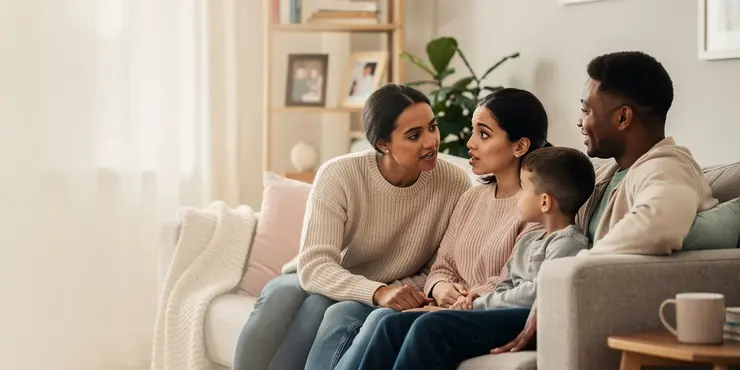
Find Help
More Items From Ergsy search
-
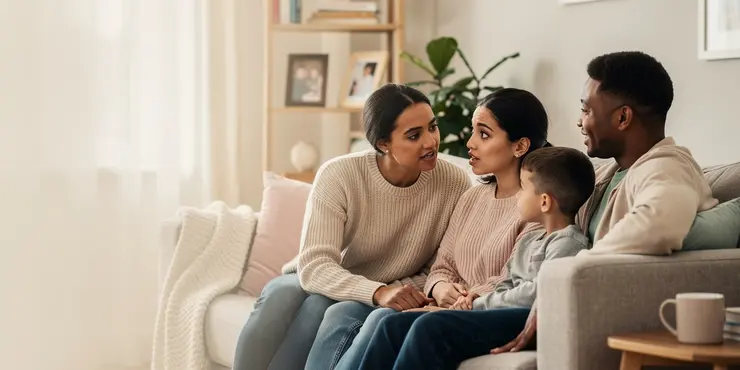
Mental Health Support for Families: Resources and Helplines
Relevance: 100%
-
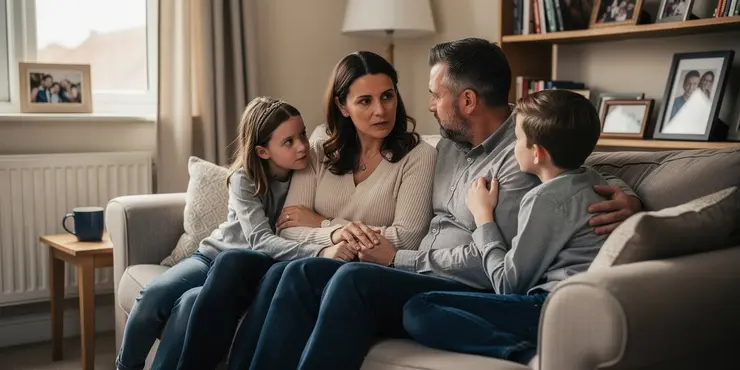
Mental Health Support Resources for Families
Relevance: 80%
-
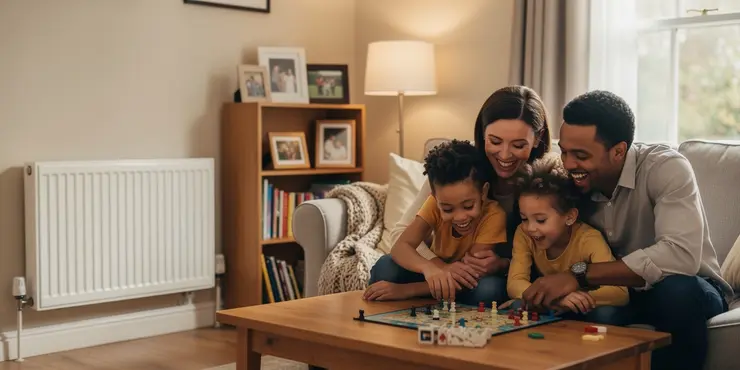
Mental Health Support for Families: Resources and Strategies
Relevance: 79%
-
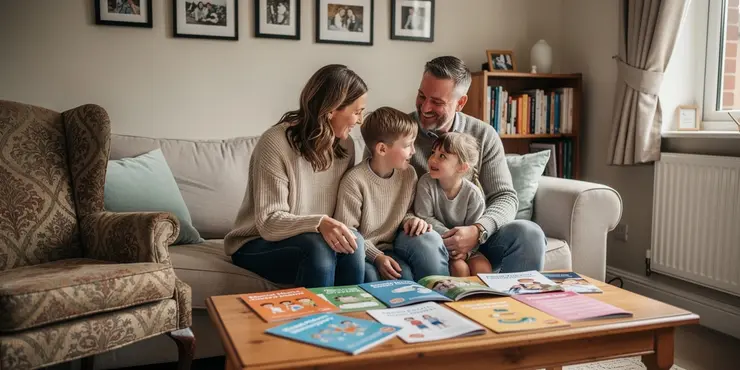
Mental Health Support for Families - Latest Resources and Guidance
Relevance: 77%
-
Mental Health Support for Families: Resources and Guidance
Relevance: 76%
-
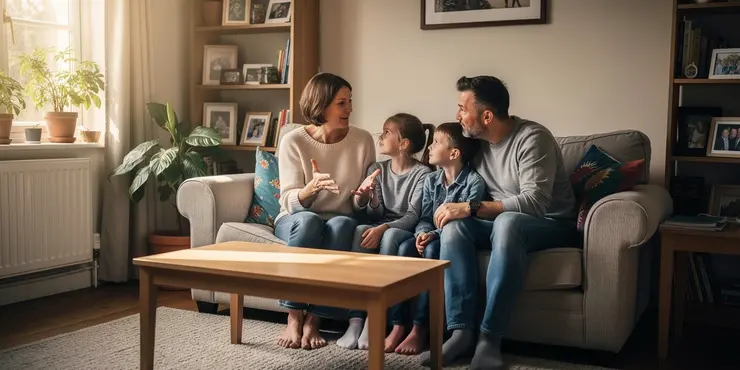
Mental Health Resources for Families
Relevance: 76%
-
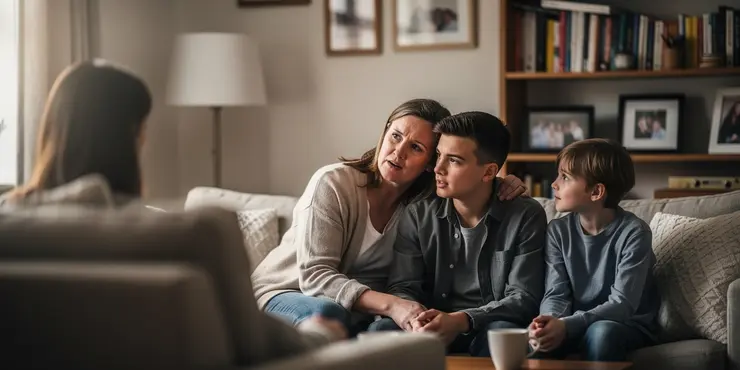
Advancements in Mental Health Resources for Families
Relevance: 69%
-
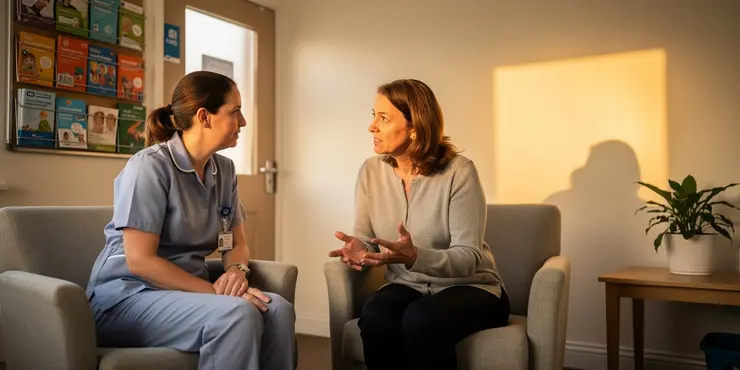
Mental Health Support Resources in the UK
Relevance: 68%
-
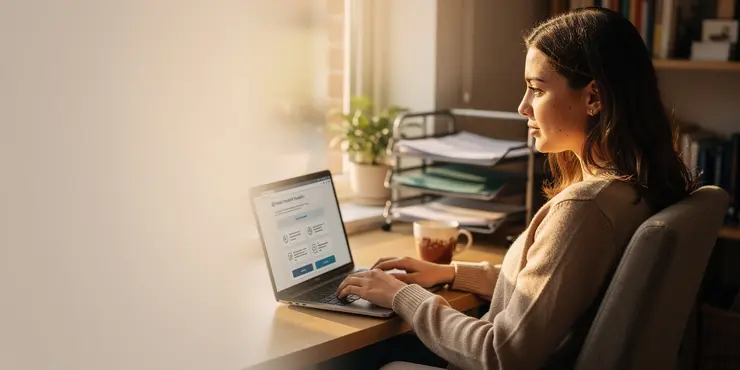
Accessing Mental Health Support Resources in the UK
Relevance: 66%
-
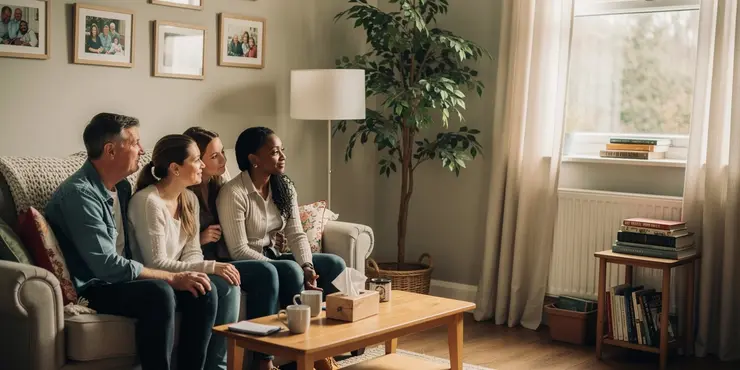
Mental Health Impact of Cost of Living Crisis and Support Resources
Relevance: 59%
-
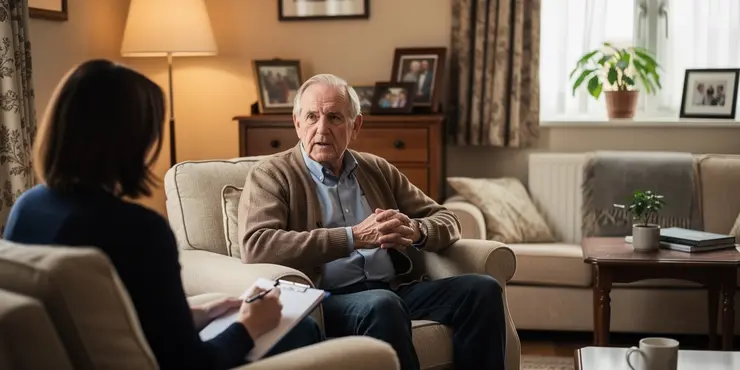
What mental health resources are available for seniors?
Relevance: 58%
-
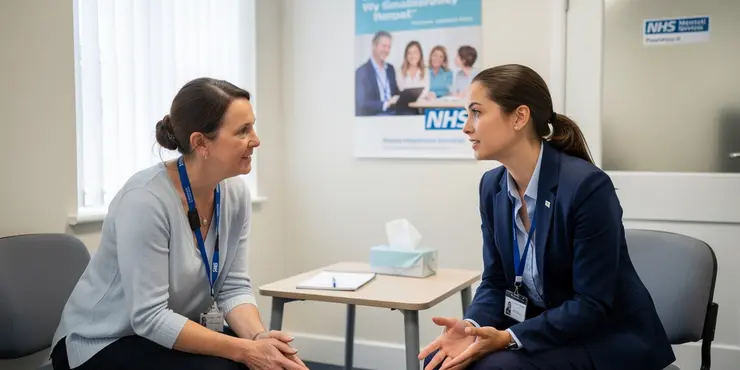
Mental Health Support Services in the UK
Relevance: 53%
-
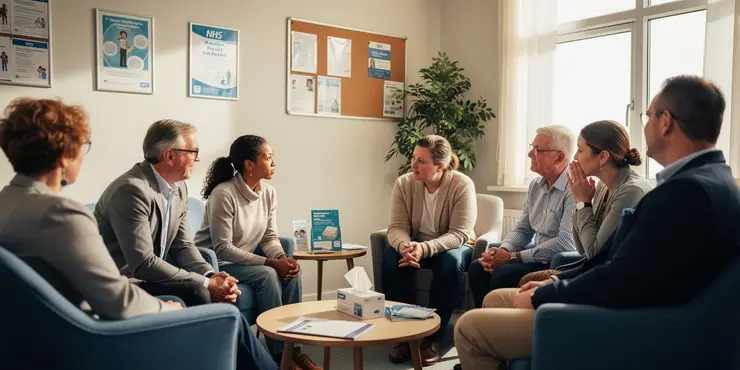
Support Services for Mental Health Amid Economic Uncertainty
Relevance: 50%
-
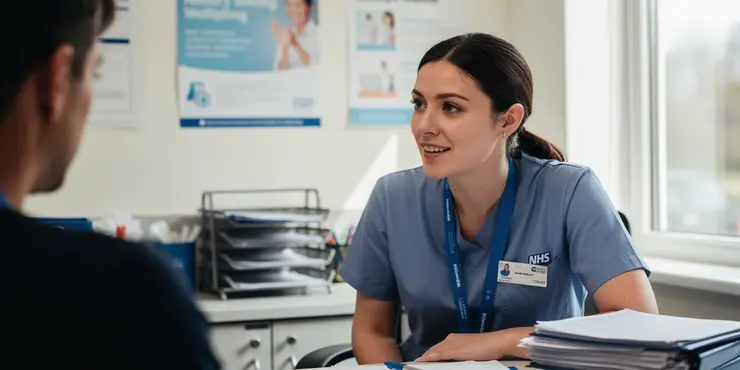
Can primary care support workers access mental health support?
Relevance: 49%
-
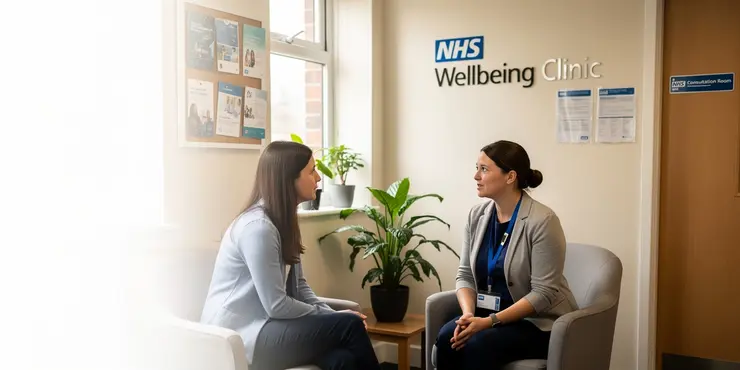
NHS Unveils Revolutionary Mental Health Support Initiative
Relevance: 44%
-
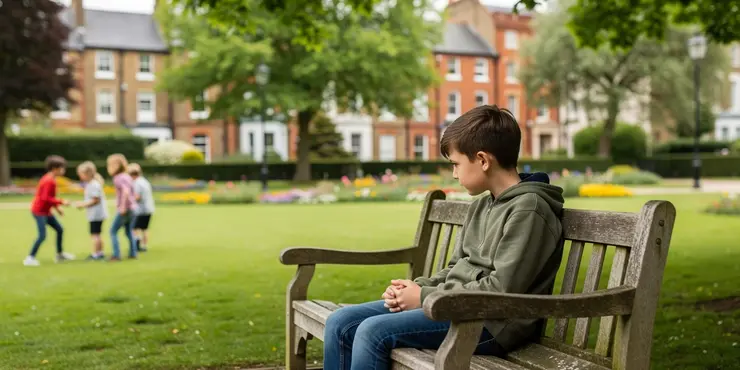
Navigating Mental Health Services for Children and Adolescents
Relevance: 42%
-
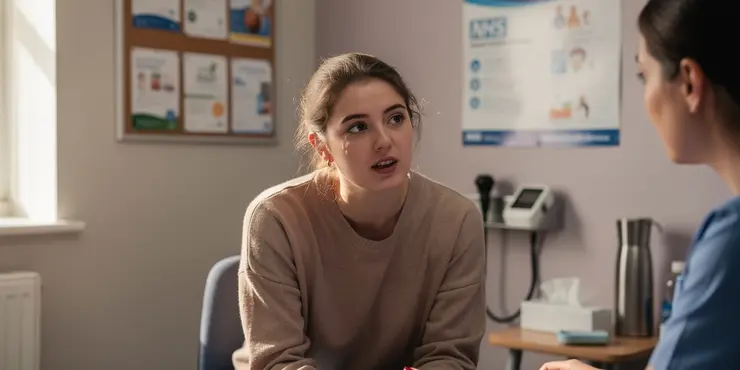
Mental Health: Laura's Story | NHS
Relevance: 40%
-
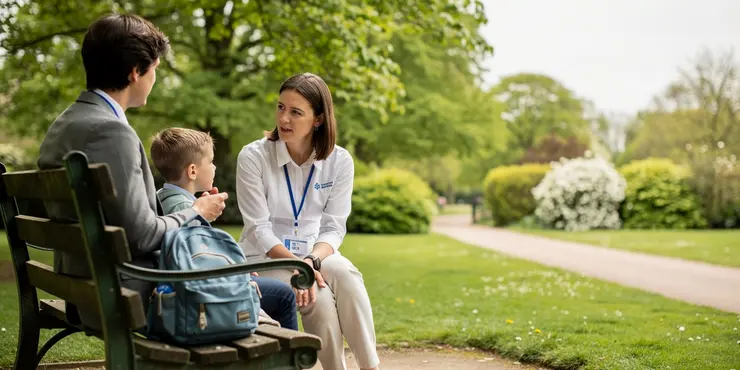
Understanding Mental Health in Children
Relevance: 40%
-
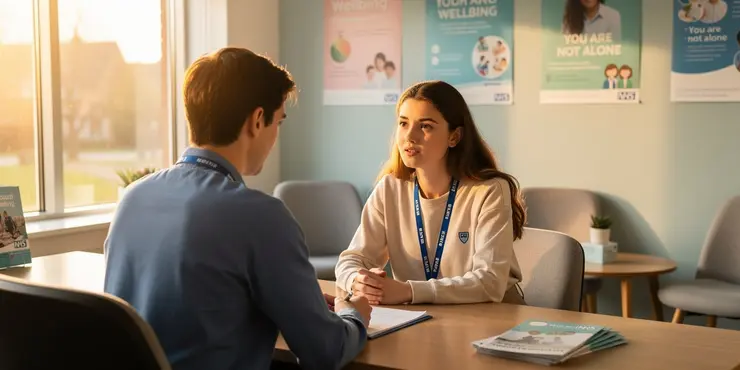
Current Challenges in Youth Mental Health Services
Relevance: 38%
-

New Mental Health Strategy Launched to Address Youth Anxiety Epidemic
Relevance: 37%
-
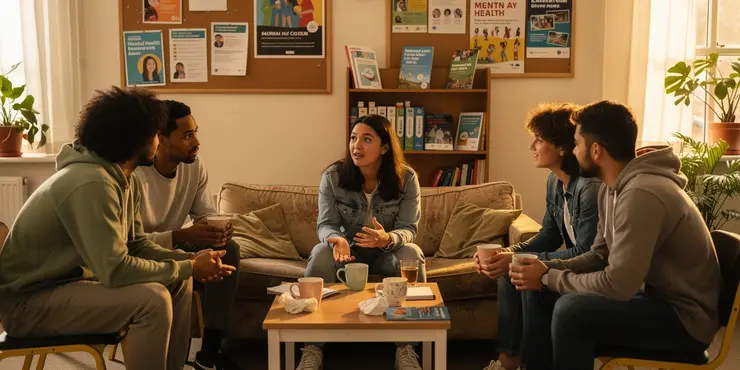
Tackling Youth Mental Health: Community Initiatives and Solutions
Relevance: 37%
-
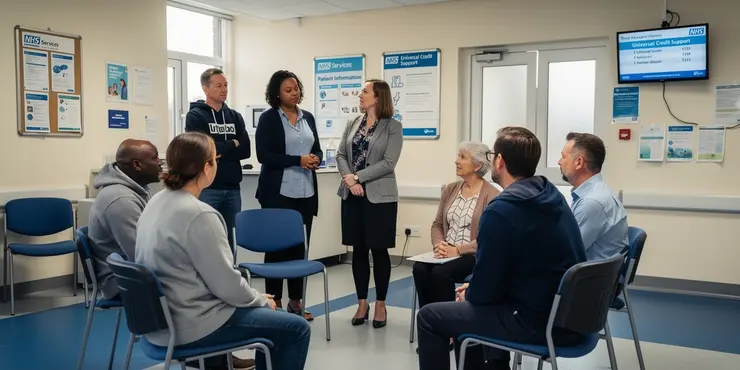
What is the Universal Credit helpline number?
Relevance: 37%
-
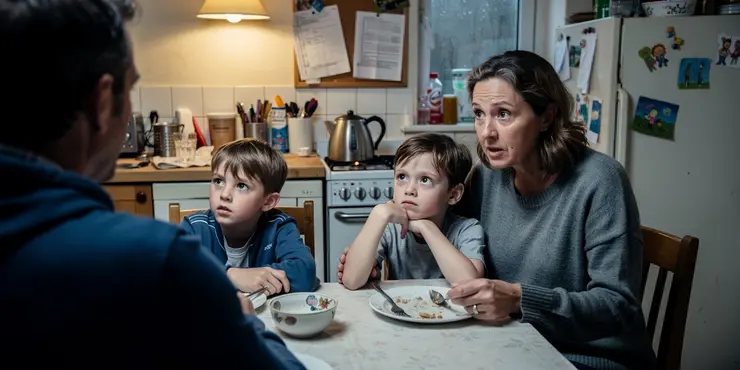
Impact of Rising Living Costs on Family Health
Relevance: 37%
-
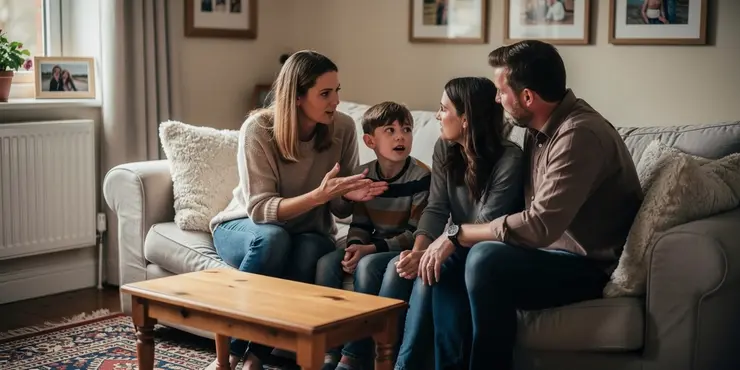
How can families support a member with autism?
Relevance: 36%
-
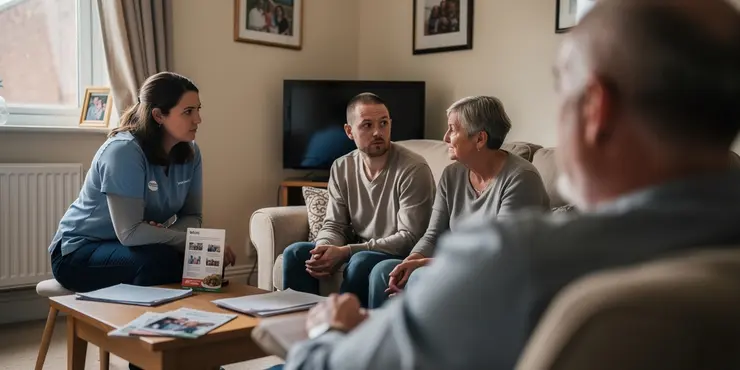
Addressing the Cost of Living Crisis: Community Support and Resources
Relevance: 36%
-
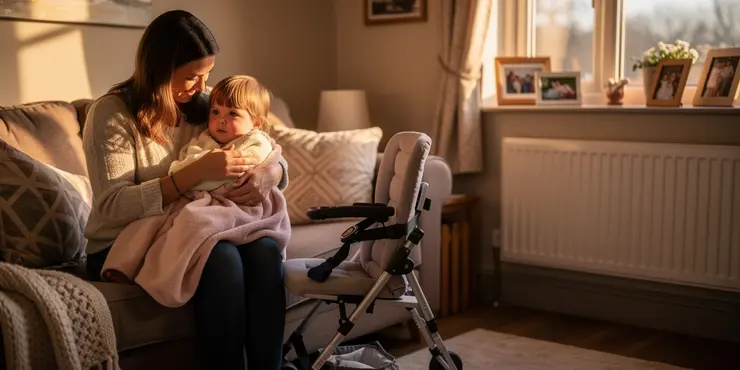
What support is available for families of individuals with PIMD?
Relevance: 35%
-
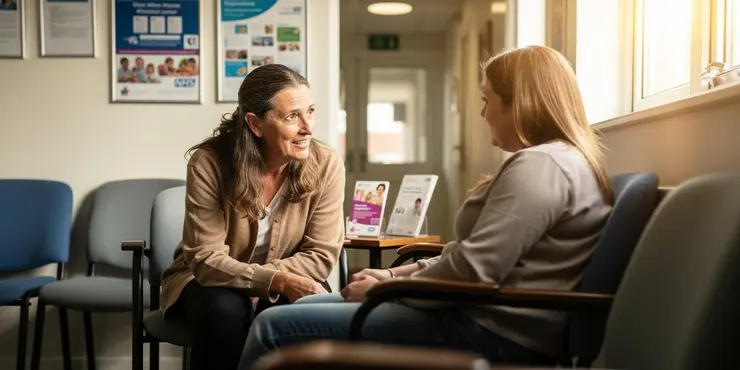
Can community helpers access physical health resources?
Relevance: 35%
-
Can eating disorders occur with other mental health conditions?
Relevance: 35%
-
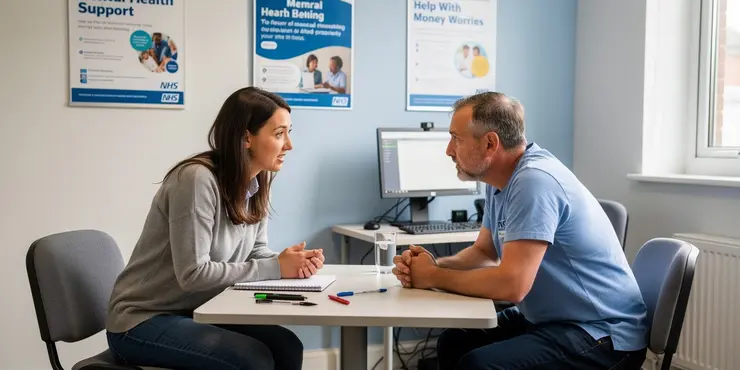
Essential Tips for Mental Health and Well-Being Amidst Rising Living Costs
Relevance: 35%
-
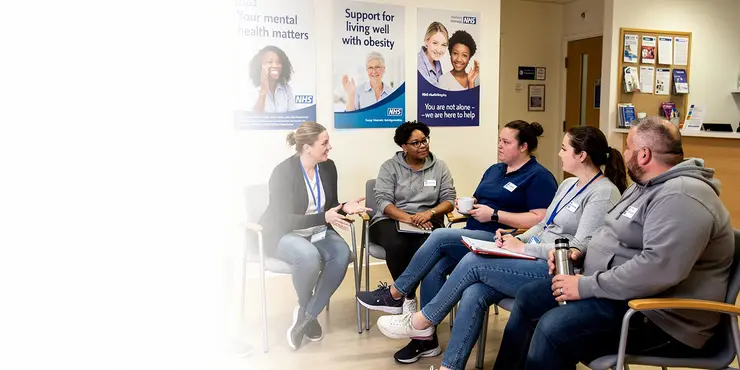
What is the impact of obesity on mental health?
Relevance: 34%
-
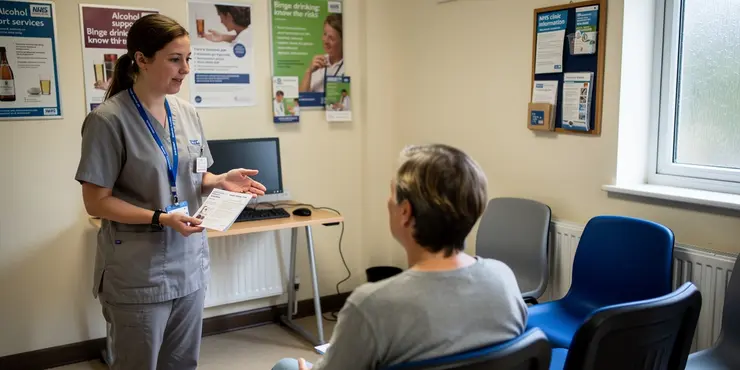
What resources are available for someone struggling with binge drinking?
Relevance: 34%
-
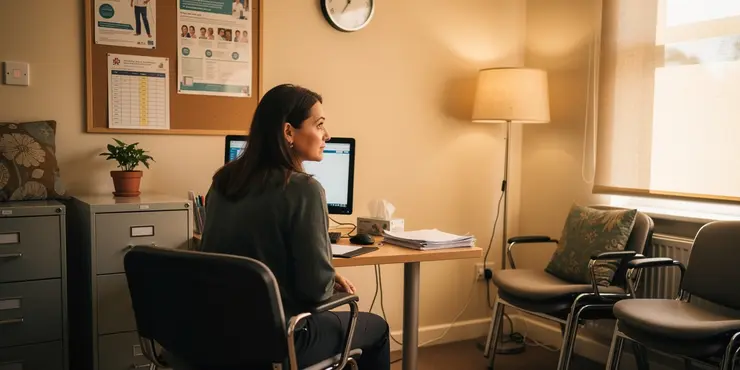
Mental Health Services Struggle to Cope Amid Record Demand
Relevance: 34%
-
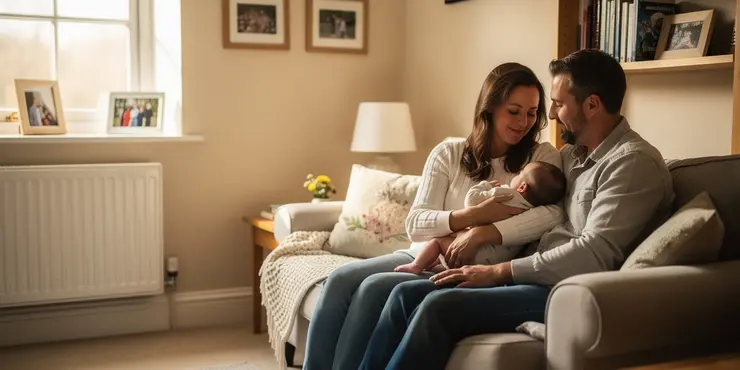
How can family members support someone with postnatal depression?
Relevance: 33%
-
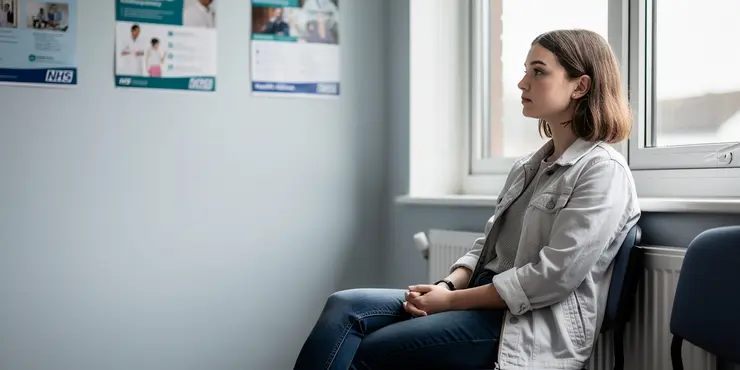
Short Films About Mental Health - Anxiety
Relevance: 33%
-

Short Films About Mental Health - Trauma PTSD
Relevance: 33%
-
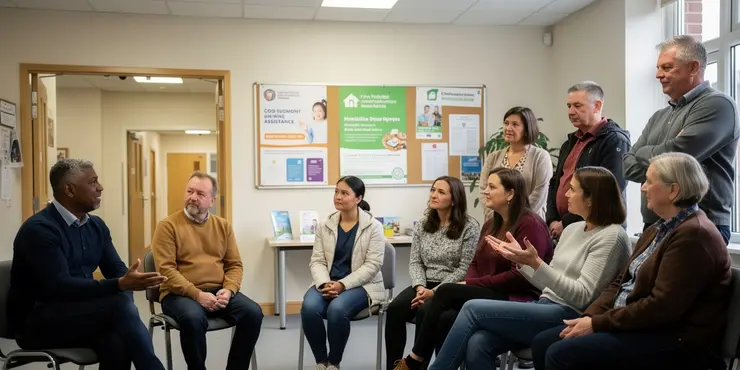
Addressing the Rising Cost of Living: Community Support and Resources
Relevance: 33%
-
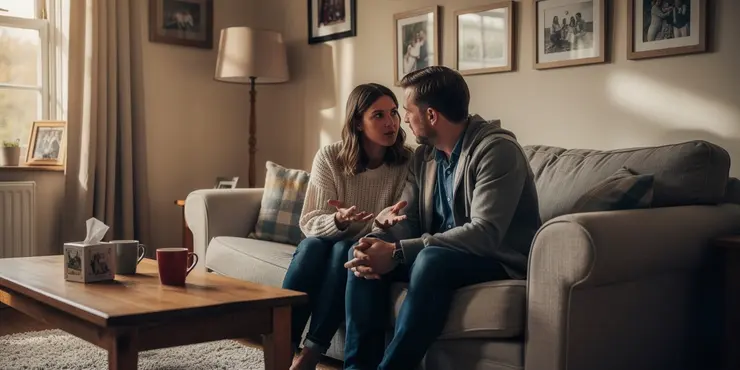
Can relationship problems be resolved to improve mental health?
Relevance: 33%
-
What resources have been introduced for families involved in cross-border disputes in 2026?
Relevance: 32%
-
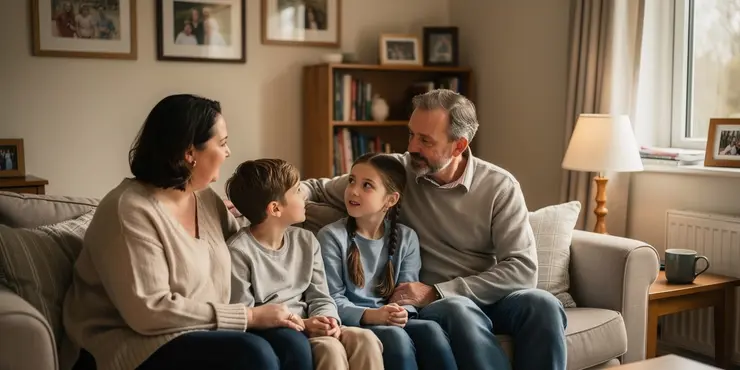
Managing Chronic Illness Within the Family
Relevance: 32%
-
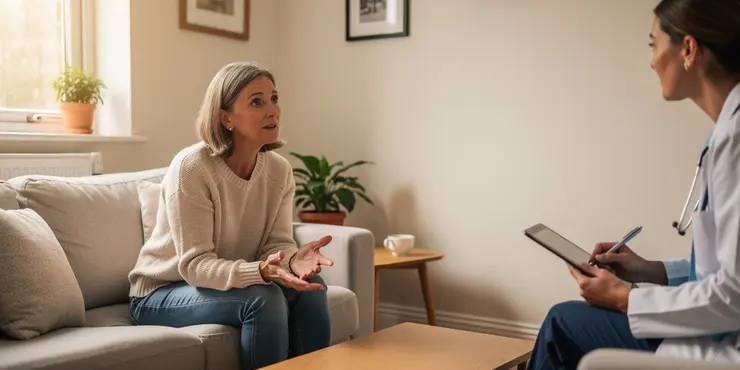
Can gut health affect mental health as one ages?
Relevance: 32%
Mental Health Support for Families: Resources and Helplines
Understanding Mental Health
Mental health is a crucial aspect of overall well-being that affects how we think, feel, and act. For families in the United Kingdom, maintaining good mental health can be challenging due to various stressors, including work, school, and daily life. Recognizing the signs of mental health issues and knowing where to turn for support is vital for the health and happiness of every family member.
Available Resources
The UK offers a plethora of resources dedicated to supporting mental health for individuals and families. The National Health Service (NHS) provides free mental health services, including counseling, therapy, and support groups. The NHS website (www.nhs.uk) offers a range of information and self-help guides. There are also numerous charities and organizations, such as Mind, which offer resources and services tailored to different mental health needs. Additionally, local GPs can be an excellent first point of contact for accessing mental health support.
Helplines for Immediate Support
When immediate support is needed, several helplines are available to families in the UK. The Samaritans offer a 24/7 helpline (116 123) for anyone struggling to cope, providing a non-judgmental listening ear. Childline (0800 1111) is specifically geared towards children and young people, offering free and confidential advice. For those experiencing mental health crises, the NHS Mental Health Helpline (111 in some areas) can provide immediate support and guidance on accessing emergency services.
Support for Parents and Caregivers
Parents and caregivers often face unique challenges when supporting family members with mental health issues. Organizations like YoungMinds provide resources and helplines geared towards supporting both young people and their parents. Their Parents Helpline (0808 802 5544) offers practical advice and support. Additionally, the Family Action’s FamilyLine (0808 802 6666) offers emotional support and guidance for adult family members who are struggling.
Online Resources and Communities
In the digital age, online resources and communities can also be valuable. Websites like Mind (www.mind.org.uk) and Rethink Mental Illness (www.rethink.org) offer extensive information on mental health conditions and treatment options. Online forums and social media groups provide opportunities for families to share experiences and support one another. Digital tools, such as mental health apps, can offer immediate self-help options and resources at one's fingertips.
Importance of Seeking Help
It is important for families to recognize when to seek professional help. Early intervention can significantly improve outcomes for individuals struggling with mental health issues. Removing the stigma associated with mental health and encouraging open communication within the family can create a supportive environment where everyone feels safe to seek help when needed.
Conclusion
Families in the United Kingdom have access to a wide array of resources and helplines dedicated to mental health support. By utilizing available services and fostering a supportive home environment, families can work together to manage mental health issues and improve overall well-being.
Mental Health Support for Families: Resources and Helplines
Understanding Mental Health
Mental health means how we think, feel, and act. It is very important for feeling good and being healthy. Many things like work, school, and daily life can make mental health hard for families in the UK. It's important to see signs of mental health problems and know where to get help. This helps keep everyone in the family happy and healthy.
Available Resources
In the UK, there are many places to get help for mental health. The NHS gives free help like counseling, therapy, and support groups. You can find information and guides on the NHS website (www.nhs.uk). There are also charities like Mind that help with mental health. A local doctor (GP) can also help you find support.
Helplines for Immediate Support
If someone needs help quickly, there are helplines to call. The Samaritans helpline is open all the time at 116 123. They listen and do not judge. Childline is for children and young people; they can call 0800 1111 for free and private advice. For mental health crises, the NHS Mental Health Helpline at 111 can give quick help and tell you about emergency services.
Support for Parents and Caregivers
Parents and caregivers have their own challenges when helping family members with mental health. YoungMinds offers help for young people and their parents. Their Parents Helpline is 0808 802 5544. Family Action’s FamilyLine at 0808 802 6666 gives emotional help for adults in the family.
Online Resources and Communities
Online resources can also help. Sites like Mind (www.mind.org.uk) and Rethink Mental Illness (www.rethink.org) have a lot of information about mental health. Online forums and social media groups let families share stories and help each other. Mental health apps give self-help tools that are easy to use anytime.
Importance of Seeking Help
Families should know when to get professional help. Getting help early can make a big difference. Talking openly about mental health removes shame and helps everyone feel safe to ask for help when they need it.
Conclusion
Families in the UK have many resources and helplines for mental health support. By using these services and creating a supportive home, families can handle mental health issues and improve their well-being together.
Frequently Asked Questions
What is mental health?
Mental health refers to our emotional, psychological, and social well-being. It affects how we think, feel, and act and also helps determine how we handle stress, relate to others, and make choices.
What is a mental health crisis?
A mental health crisis is any situation in which a person’s behavior puts them at risk of hurting themselves or others, and/or prevents them from being able to care for themselves.
Who can I call in a mental health crisis?
In the UK, you can call NHS 111 for urgent medical help or advice. For immediate risk of harm, dial 999. You can also contact crisis helplines like the Samaritans on 116 123 or Shout by texting 85258.
What is the role of a GP in mental health support?
Your GP can assess your symptoms, provide an initial diagnosis, offer emotional support, prescribe medication if necessary, and refer you to specialized mental health services.
Where can families find support for mental health issues?
Families can find support through organizations such as Mind, Rethink Mental Illness, and the Mental Health Foundation. NHS mental health services also offer resources and referrals.
Are there support groups for families affected by mental health issues?
Yes, organizations like Carers UK and Family Lives offer support groups for families affected by mental health issues. These groups provide a safe space to share experiences and access resources.
What is CAMHS?
CAMHS stands for Child and Adolescent Mental Health Services. It provides assessments and treatment for children and young people with emotional, behavioral, or mental health difficulties.
How can I support a family member with a mental health condition?
Be patient and understanding, offer to listen without judgment, encourage them to seek professional help, and educate yourself about their condition. Also, look after your own well-being.
What is talking therapy?
Talking therapy involves discussing your thoughts and feelings with a trained therapist. It can help you understand your problems better and find ways to cope. Types include CBT, counseling, and psychodynamic therapy.
Are mental health services free on the NHS?
Yes, most mental health services are free on the NHS, including GP appointments, referrals to specialist services, and therapy such as CBT.
What is the Samaritans helpline?
The Samaritans helpline is a confidential support service that offers emotional support to anyone in distress, struggling to cope, or at risk of suicide. They can be reached 24/7 at 116 123.
How can I access mental health services in the UK?
You can access mental health services through your GP. They can refer you to specialized services. You can also contact NHS 111, go to A&E in emergencies, or use online platforms like IAPT for self-referrals.
What is peer support?
Peer support involves people with similar experiences of mental health issues coming together to support each other. It can be provided through groups, one-to-one interactions, or online communities.
What resources are available for children’s mental health?
Resources for children's mental health include CAMHS, YoungMinds, Childline, and the NSPCC. These organizations provide information, support services, and helplines.
Can I get financial help if I’m caring for someone with mental health issues?
Yes, carers may be eligible for Carer’s Allowance, Universal Credit, or other benefits. Organizations like Carers UK can offer advice on financial support.
What is mental health?
Mental health is about how you feel in your mind. It is also about how you think and how you cope with life.
If you feel happy, sad, worried, or relaxed, that is all part of mental health.
Good mental health means you can handle your feelings most of the time.
You can use things like talking to a friend or writing in a journal to help with your mental health.
Mental health is about how we feel, think, and get along with others. It is important because it affects what we do, how we handle problems, and how we make friends and decisions.
If you find reading hard, you might like to use some helpful tools. Audiobooks can read stories to you. Apps can read words out loud. These can make learning easier and more fun!
What is a mental health crisis?
A mental health crisis is when someone feels very upset or stressed. It can be hard to cope with feelings during this time.
People might feel very sad, scared, or mixed up.
If you or someone you know is having a mental health crisis, it's important to get help from a trusted adult or call a doctor.
Using pictures, drawing, or calming music can help you feel better.
A mental health crisis is a serious problem. It happens when someone might hurt themselves or others. It can also mean they can't take care of themselves.
Who can I call if I feel very upset and need help?
If you feel very upset and need someone to talk to, you can call a special phone number for help.
You can ask an adult for help to make the call. They might use a phone or computer to call someone who can listen and help you feel better.
If you are in the UK and need urgent medical help, you can call NHS 111. If it is an emergency and someone is in danger, call 999. You can also talk to crisis helplines. Call the Samaritans at 116 123 or text Shout at 85258 for support.
What does a GP do to help with mental health?
A GP is a doctor you can see when you are not feeling well or if you have problems.
If you feel sad, worried, or have any other feelings that are hard to deal with, you can talk to your GP.
Your GP can listen to you, give advice, and help you find the right support.
They might suggest talking to a counselor or another doctor who knows a lot about feelings and thoughts.
To make it easier, you can write down your feelings or questions before seeing the GP.
You can also bring a friend or family member with you to the appointment.
Your doctor can check how you are feeling. They can help find out what might be wrong. Your doctor can also listen to you and help you feel better. They can give you medicine if you need it. They might also send you to see someone who is an expert in mental health.
Where can families get help for mental health problems?
Families can get help for mental health problems in different places:
- Doctors and Health Clinics: Visit your family doctor. They can give advice and recommend specialists.
- Counselors and Therapists: Talk to someone who listens and understands. They can help you feel better.
- Hotlines: Call a helpline to talk to someone at any time.
- Support Groups: Join a group to talk to other families going through the same things.
- Online Resources: Use websites that offer tips and advice for mental health.
Remember, it is okay to ask for help. You are not alone. There are many people who want to support you and your family.
Families can get help from places like Mind, Rethink Mental Illness, and the Mental Health Foundation. The NHS mental health services also have help and advice.
Can families get help for mental health problems?
Do you have someone in your family with mental health problems? You can join a group with other families. These groups talk and support each other. They help you feel better and share ideas.
Here are some things you can try:
- Join a support group in your area.
- Look for help online.
- Talk to a doctor or therapist.
These groups and people want to help you and your family feel better.
Yes, there are groups that help families with mental health problems. Carers UK and Family Lives are two of them. These groups let people talk about their feelings and get help.
What is CAMHS?
CAMHS helps children and teenagers with their feelings and behavior. They are experts who talk and listen to you. They want to help you feel better. If you need help, you can talk to an adult you trust, like a parent or teacher, and they can help you find CAMHS.
Tips to make reading easier: You can ask someone to read with you, like a parent, friend, or teacher. You can also take breaks if you get tired. Point with your finger to follow the words.
CAMHS helps children and young people who have feelings, behavior, or mental health problems. It stands for Child and Adolescent Mental Health Services. They talk to you and help you feel better.
How can I help a family member who has a mental health problem?
You can help by listening to them when they want to talk. Be kind and patient with them.
Sometimes, they might need to see a doctor or a therapist. You can help them make an appointment.
Try to learn about their mental health problem so you can understand them better.
Let them know you care about them and that they are not alone.
Encourage them to do activities they enjoy, like drawing, walking, or listening to music.
You can also ask if there is anything special they need help with.
Be kind and patient. Show you care by listening and not judging. Tell them it’s good to talk to a doctor. Learn more about what they are going through. Remember to take care of yourself too.
What is talking therapy?
Talking therapy is when you talk to someone who listens and helps you with your feelings. This person is trained to help you feel better.
Talking therapy can help you if you are sad, worried, or have other feelings that are hard to handle.
Some people find it helpful to write down their feelings in a diary or draw pictures. These can also be good ways to help you feel better.
Using apps or watching videos about how to relax and feel calm can also be helpful.
Talking therapy means talking about your thoughts and feelings with someone who knows how to help. This person is called a therapist. It can help you understand what is bothering you and find ways to feel better. Some kinds of talking therapy are CBT, counseling, and psychodynamic therapy.
Can you get free mental health help with the NHS?
Yes, the NHS gives free mental health help. You can see a doctor or talk to someone about your feelings. They are there to help you feel better.
If you need help:
- Talk to your doctor. They can help you find the right support.
- You can also call a helpline to talk to someone who can help.
Remember, it is okay to ask for help. You are not alone.
Yes, most mental health help is free with the NHS. You can see your doctor, get sent to see special doctors, and have therapy like talking therapy, without paying.
What is the Samaritans phone line?
The Samaritans have a special phone line to help people who feel sad or worried.
If you need someone to talk to, you can call them.
They are always there to listen and help, day or night.
You can call for free, and it is private. This means no one else will know what you talk about.
You can also use tools like picture books or simple apps to help understand your feelings.
The Samaritans helpline is a phone service that helps people who are upset or having a hard time. They are always there for you if you feel very sad or are thinking of hurting yourself. You can call them any time, day or night, at 116 123.
How can I find help for my mental health in the UK?
If you feel sad, worried, or stressed, there are people who can help you. Here is how you can find mental health services in the UK:
- Visit your doctor: Talk to your doctor about how you feel. They can help you find the right support.
- Call a helpline: Use the phone to call a helpline. They can listen and give advice. Samaritans is a helpline you can call at any time on 116 123.
- Look online: Visit websites like NHS or Mind. They have lots of information to help you.
- Talk to someone you trust: Share your feelings with a friend or family member. They can support you and help you find more help.
Remember, it's okay to ask for help. You are not alone.
You can get help for your mental health by talking to your doctor. They can help you see a specialist. If you need help fast, you can call NHS 111, go to A&E, or use the internet to find help through IAPT.
What is peer support?
Peer support is when people help each other. These people have had similar experiences. They understand what you are going through. They listen, talk, and give advice. It can make you feel better and less alone.
To find peer support, you can:
- Join a group that talks about what you are going through
- Talk to someone who has been through the same thing
- Use online chat groups to share your story
Talking with others can be very comforting. It helps to know you are not alone.
Peer support means people who have had similar feelings or problems with their mental health help each other. They can do this by meeting in groups, talking one-on-one, or chatting online.
What can help kids feel better in their minds?
There are lots of ways to help kids who feel upset or worried.
- Talk to someone you trust, like a teacher or family member.
- Ask your doctor about seeing a counselor.
- Use apps or websites for kids to help them feel calm and happy.
- Read books or watch videos about feelings with a grown-up.
- Join a group or club to make friends and have fun.
If it is hard to read, ask someone to read it with you or use a tool that reads the words aloud.
Here is help for kids' mental health:
- CAMHS
- YoungMinds
- Childline
- NSPCC
These places give info, support, and phone lines to talk to someone.
Can I get money help if I look after someone with mental health problems?
If you take care of someone who is not feeling well in their mind, you might be able to get some money help.
Here are some things you can do to find out:
- Talk to a person who helps with money at a support center.
- Look for websites that give information about helping carers.
- Ask for help from a social worker.
These people can tell you more about what money help you can get.
Yes, people who take care of others can get help with money. They might get Carer’s Allowance, Universal Credit, or other benefits. A group called Carers UK can help explain how to get this money support. They can give good advice.
Useful Links
This website offers general information and is not a substitute for professional advice.
Always seek guidance from qualified professionals.
If you have any medical concerns or need urgent help, contact a healthcare professional or emergency services immediately.
Some of this content was generated with AI assistance. We’ve done our best to keep it accurate, helpful, and human-friendly.
- Ergsy carfully checks the information in the videos we provide here.
- Videos shown by Youtube after a video has completed, have NOT been reviewed by ERGSY.
- To view, click the arrow in centre of video.
- Most of the videos you find here will have subtitles and/or closed captions available.
- You may need to turn these on, and choose your preferred language.
- Go to the video you'd like to watch.
- If closed captions (CC) are available, settings will be visible on the bottom right of the video player.
- To turn on Captions, click settings .
- To turn off Captions, click settings again.
More Items From Ergsy search
-

Mental Health Support for Families: Resources and Helplines
Relevance: 100%
-

Mental Health Support Resources for Families
Relevance: 80%
-

Mental Health Support for Families: Resources and Strategies
Relevance: 79%
-

Mental Health Support for Families - Latest Resources and Guidance
Relevance: 77%
-
Mental Health Support for Families: Resources and Guidance
Relevance: 76%
-

Mental Health Resources for Families
Relevance: 76%
-

Advancements in Mental Health Resources for Families
Relevance: 69%
-

Mental Health Support Resources in the UK
Relevance: 68%
-

Accessing Mental Health Support Resources in the UK
Relevance: 66%
-

Mental Health Impact of Cost of Living Crisis and Support Resources
Relevance: 59%
-

What mental health resources are available for seniors?
Relevance: 58%
-

Mental Health Support Services in the UK
Relevance: 53%
-

Support Services for Mental Health Amid Economic Uncertainty
Relevance: 50%
-

Can primary care support workers access mental health support?
Relevance: 49%
-

NHS Unveils Revolutionary Mental Health Support Initiative
Relevance: 44%
-

Navigating Mental Health Services for Children and Adolescents
Relevance: 42%
-

Mental Health: Laura's Story | NHS
Relevance: 40%
-

Understanding Mental Health in Children
Relevance: 40%
-

Current Challenges in Youth Mental Health Services
Relevance: 38%
-

New Mental Health Strategy Launched to Address Youth Anxiety Epidemic
Relevance: 37%
-

Tackling Youth Mental Health: Community Initiatives and Solutions
Relevance: 37%
-

What is the Universal Credit helpline number?
Relevance: 37%
-

Impact of Rising Living Costs on Family Health
Relevance: 37%
-

How can families support a member with autism?
Relevance: 36%
-

Addressing the Cost of Living Crisis: Community Support and Resources
Relevance: 36%
-

What support is available for families of individuals with PIMD?
Relevance: 35%
-

Can community helpers access physical health resources?
Relevance: 35%
-
Can eating disorders occur with other mental health conditions?
Relevance: 35%
-

Essential Tips for Mental Health and Well-Being Amidst Rising Living Costs
Relevance: 35%
-

What is the impact of obesity on mental health?
Relevance: 34%
-

What resources are available for someone struggling with binge drinking?
Relevance: 34%
-

Mental Health Services Struggle to Cope Amid Record Demand
Relevance: 34%
-

How can family members support someone with postnatal depression?
Relevance: 33%
-

Short Films About Mental Health - Anxiety
Relevance: 33%
-

Short Films About Mental Health - Trauma PTSD
Relevance: 33%
-

Addressing the Rising Cost of Living: Community Support and Resources
Relevance: 33%
-

Can relationship problems be resolved to improve mental health?
Relevance: 33%
-
What resources have been introduced for families involved in cross-border disputes in 2026?
Relevance: 32%
-

Managing Chronic Illness Within the Family
Relevance: 32%
-

Can gut health affect mental health as one ages?
Relevance: 32%


